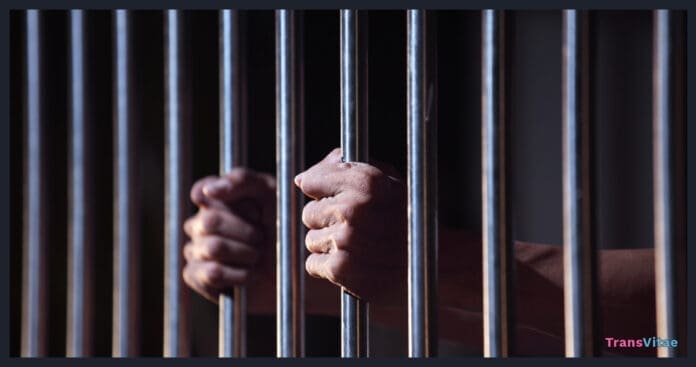A federal judge has temporarily blocked the enforcement of a Trump administration executive order that would have denied medically necessary, gender-affirming care to more than 2,000 transgender inmates in federal prisons. The decision, issued Tuesday by U.S. District Judge Royce C. Lamberth, halts the implementation of Executive Order 14168, which President Donald Trump signed in January.
The executive order directed federal agencies to stop using public funds for any medical procedures, treatments, or medications that would help transgender inmates conform their appearance to their gender identity. The order also required transgender women to be housed in men’s prisons, raising serious concerns about their safety and dignity.
The preliminary injunction is a significant win for transgender rights advocates, as it ensures that gender-affirming care, including hormone therapy and access to appropriate clothing and commissary items, will continue while the broader legal challenge plays out in court. The case was filed in March by the Transgender Law Center and the American Civil Liberties Union (ACLU) on behalf of the estimated 2,230 transgender individuals in the federal prison system.
“All parties seem to agree that the named plaintiffs do, in fact, need hormone therapy,” Judge Lamberth wrote in his 36-page opinion. “The BOP may not arbitrarily deprive inmates of medications or other lifestyle accommodations that its own medical staff have deemed to be medically appropriate without considering the implications of that decision.”
The plaintiffs include two transgender men and one transgender woman incarcerated in New Jersey, Minnesota, and Florida. Each of them faced the suspension of gender-affirming treatment under Trump’s order, which they argue violates the Eighth Amendment’s prohibition against cruel and unusual punishment.
Lamberth’s ruling found that the plaintiffs were likely to succeed in showing that the government’s actions were “arbitrary and capricious” and lacked a reasoned explanation for reversing longstanding policies on medically necessary gender-affirming care. While he did not rule directly on the constitutional claims, his injunction recognized the risk of irreparable harm to inmates if they were denied care.
The Bureau of Prisons (BOP) disclosed in recent filings that 1,028 inmates diagnosed with gender dysphoria have been receiving hormone therapy, despite the executive order. Of these, about 628 inmates had already been receiving ongoing treatment. The BOP’s records also indicate that transgender inmates make up less than one percent of the federal prison population.
Shawn Thomas Meerkamper, managing attorney at the Transgender Law Center, emphasized the stakes of the case: “No person—incarcerated or not, transgender or not—should have their rights to medically necessary care denied.”
Attorneys for the Justice Department had argued that there was no outright ban on care, stating that hormone therapy could be provided if medically necessary to address psychological distress. However, Judge Lamberth highlighted that the extent and duration of such policies remain disputed, leaving thousands of transgender prisoners at risk.
This ruling does not yet resolve the broader questions of whether the executive order itself is unconstitutional or violates the Eighth Amendment. But for now, it bars the federal government from enforcing a sweeping ban on gender-affirming care, ensuring that transgender inmates continue to receive medically necessary treatment that is essential to their well-being and dignity.
As the case moves forward, this decision affirms that the fight for gender-affirming care in federal prisons is not just about healthcare; it’s about the fundamental rights and humanity of transgender people.


